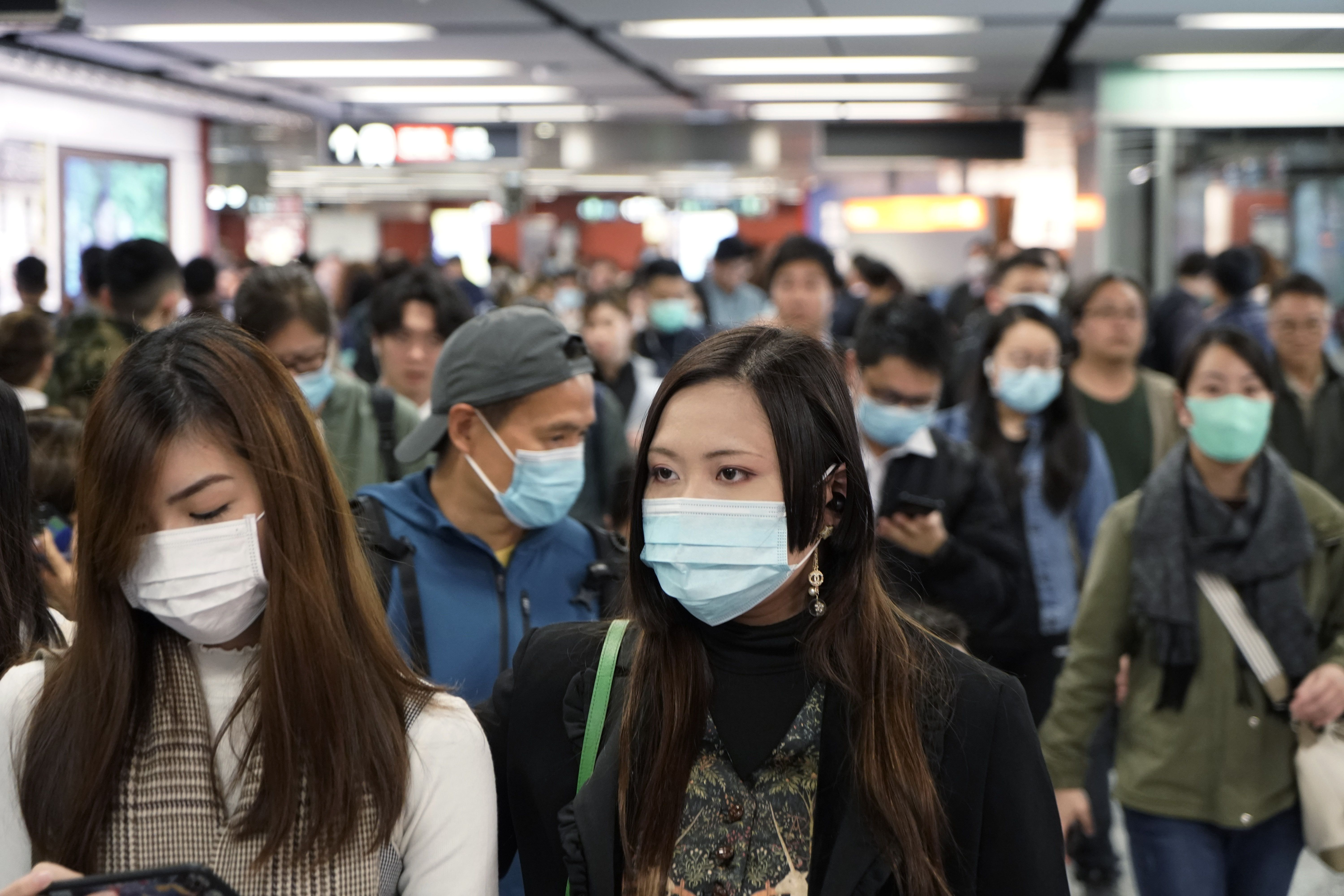
As China’s coronavirus crisis appears to wane and infections elsewhere in the world rise, the message from Beijing is that some countries in the West have been too slow to react and not done enough to contain the pandemic.
The World Health Organisation (WHO) announced on the weekend that Europe was the new epicentre of the pandemic, a mantle that had previously hung over China, where the pathogen first emerged.
The number of cases has exploded in countries such as Spain, which now has more than 4,000 reported infections, and Italy, which is in lockdown with more than 20,000 coronavirus patients.
Governments in the West have rushed to introduce containment measures, with fears of a recession rattling global financial markets. The number of cases in the rest of the world could soon surpass the total in China, where there are expected to be fewer than 10,000 people receiving treatment in a matter of days.
China’s National Health Commission said there were 10,734 active coronavirus cases as of Saturday, with 20 new infections reported on Saturday, and more than 1,000 people discharged from hospital each day.
Throughout the epidemic, China has reported 80,884 cases while the rest of the world has 74,225, according to the WHO.
For now, China is shifting some of its focus away from domestic containment measures to concentrate on lowering imported cases.
As part of that push, Beijing on Sunday announced that everyone travelling into the city from overseas would have to be quarantined in an isolation facility.
At the same time, China’s propaganda machine is moving away from a “domestic focus to one outside China”, according to Nanjing University politics professor Gu Su.
Gu said China was trying to export its experience and wisdom as it had sought to do in the past.
That approach was apparent on Saturday when state broadcaster CGTN said on its Twitter-like WeChat account that some countries were not sufficiently aware of the severity of the epidemic and that global efforts were yet to “synchronise”.
It said Chinese medical teams had published information about diagnosis and treatment in global publications but “not enough attention had been paid to them”.
The broadcaster quoted Qiu Haibo, a critical care specialist at Zhongda Hospital in Nanjing, as saying that he was concerned that some countries might have to relearn China’s lessons.
There have also been vocal critics in China of preparedness in the West.
While parts of the United States and various countries in Europe have shut schools and cancelled sporting events, British Prime Minister Boris Johnson has promoted a “herd immunity” strategy, saying mass closures would not stop the outbreak but exposing a large part of the population would help build immunity and limit future infection.
In addition, Sweden said it would keep schools open and restrict testing for the virus to the sick and elderly.
Hu Xijin, editor-in-chief of nationalist tabloid the Global Times, said it was “criminal” for countries like Sweden and Britain to give up efforts to fight the virus.
“The virus is rampant in Europe, it is far from at the end of its tether,” Hu said.
He also said the herd immunity strategy that would “smash a big hole” in global containment efforts, putting pressure back on China to combat the disease.
Zhang Wenhong, director of the infectious diseases department at Shanghai Huashan Hospital affiliated with Fudan University, said China was facing a big risk of imported infections and the pandemic was unlikely to end by this northern summer.
“We had thought the world would synchronise controls with those taken in China – in the way that Singapore, Japan and South Korea have done. But Europe has become the new epicentre and brought us huge uncertainties,” Zhang said on an article on the hospital’s social media account on Sunday, Nevertheless, official government statements have so far held back from making direct criticism.
Instead, the foreign ministry said that China’s efforts in the past two months had won time for the world, and global collaboration was needed in containment and vaccine development.
WHO spokesman Tarik Jasarevic said countries should continue with containment efforts and work together to find solutions, rather try to apportion blame.
“Countries should not let it go just like that and give up and say we don’t know, and everyone will get the virus,” he said in an interview with CGTN on Saturday night.
Gu, from Nanjing University, said that “so far the Chinese media overall has not exaggerated” its message.
“They understand that the West can learn from China’s experience, but it would be another matter whether they can do it,” Gu said.
He said there had been criticism about the initial missteps by the Chinese government, and if the West had paid attention to China’s unprecedented efforts to contain the virus over the past 50 days, it would have been more alert and made better precautions.
“The Western system is different from ours and they cannot completely replicate what we have

 March 18, 2020
March 18, 2020  Опубликовано в
Опубликовано в